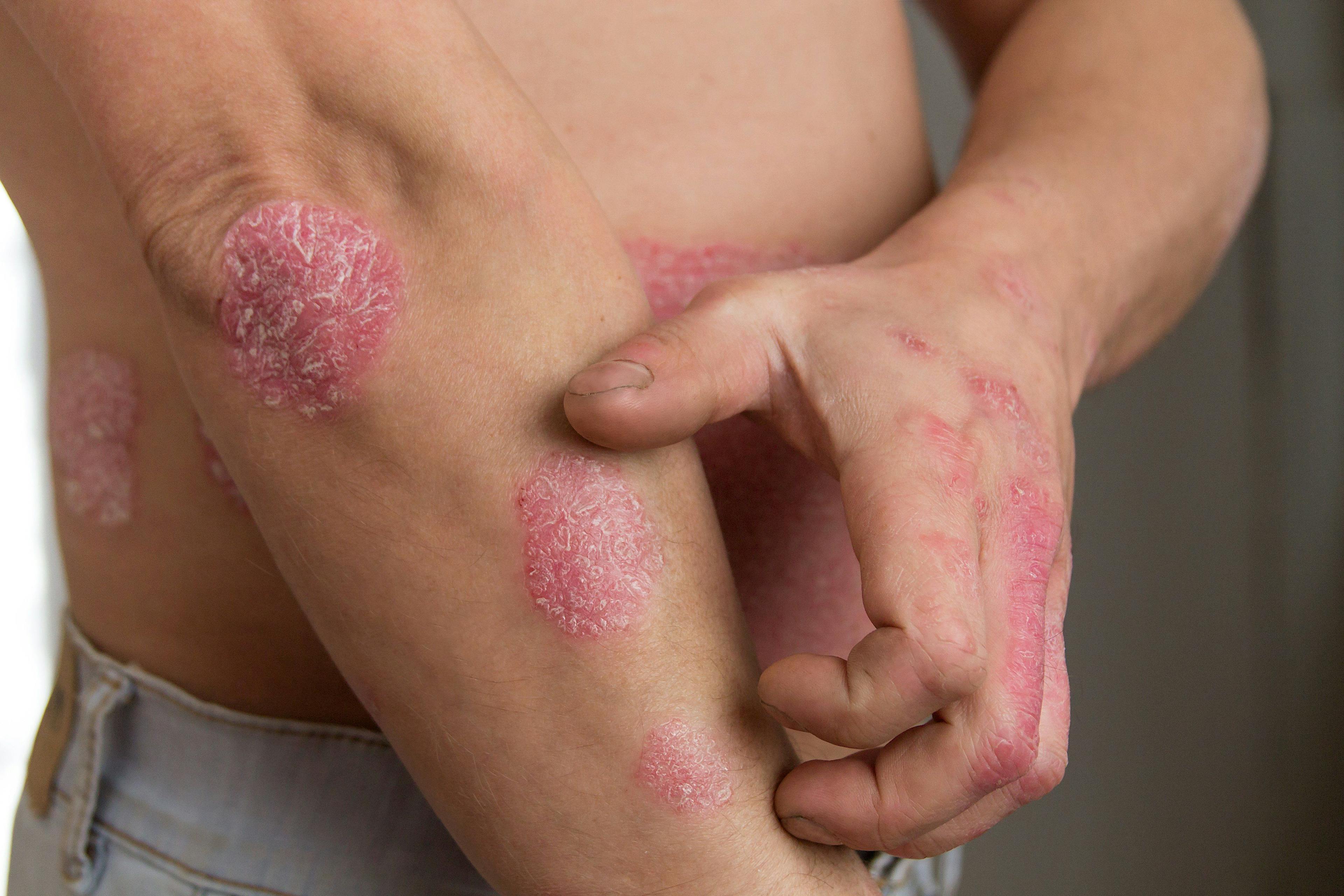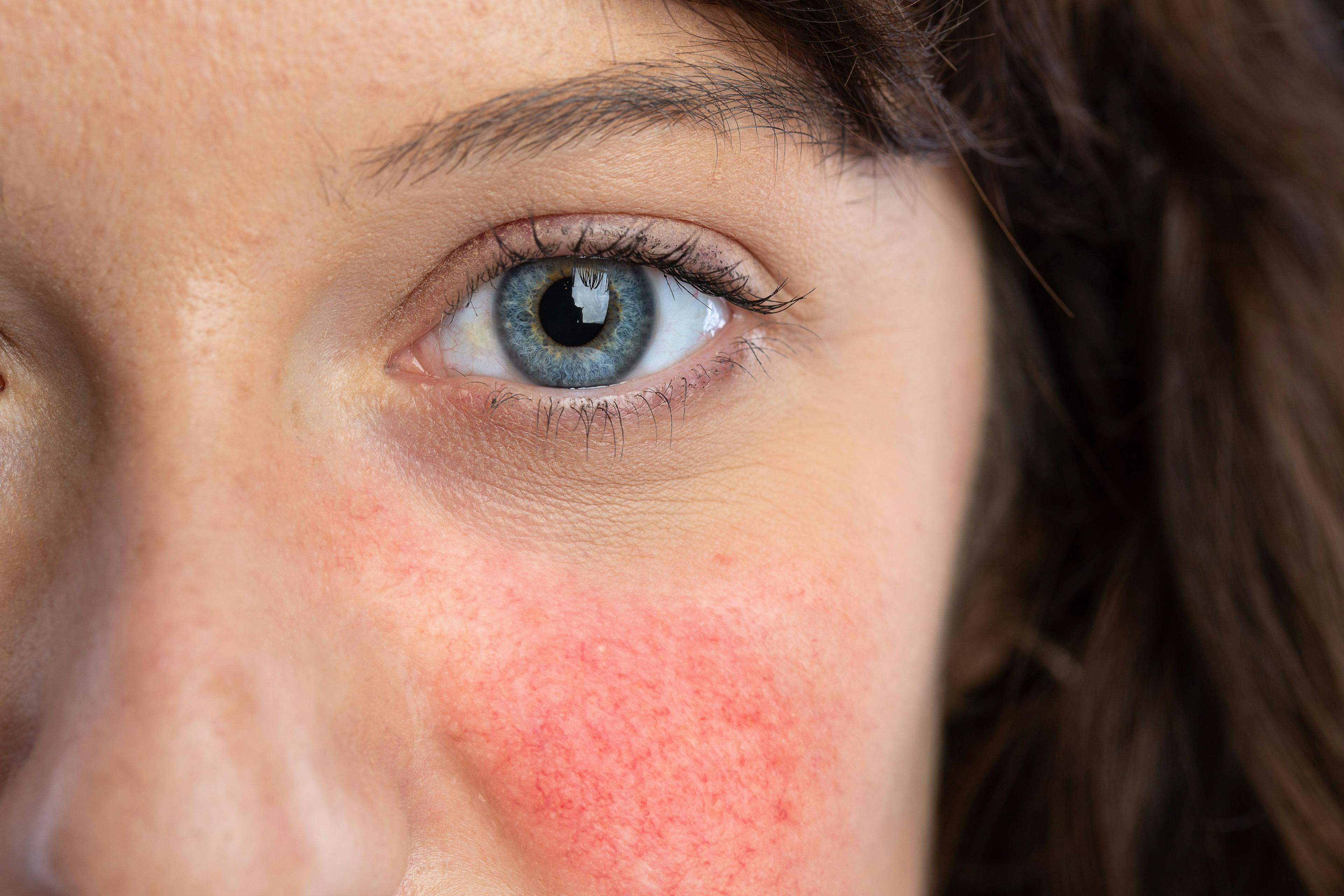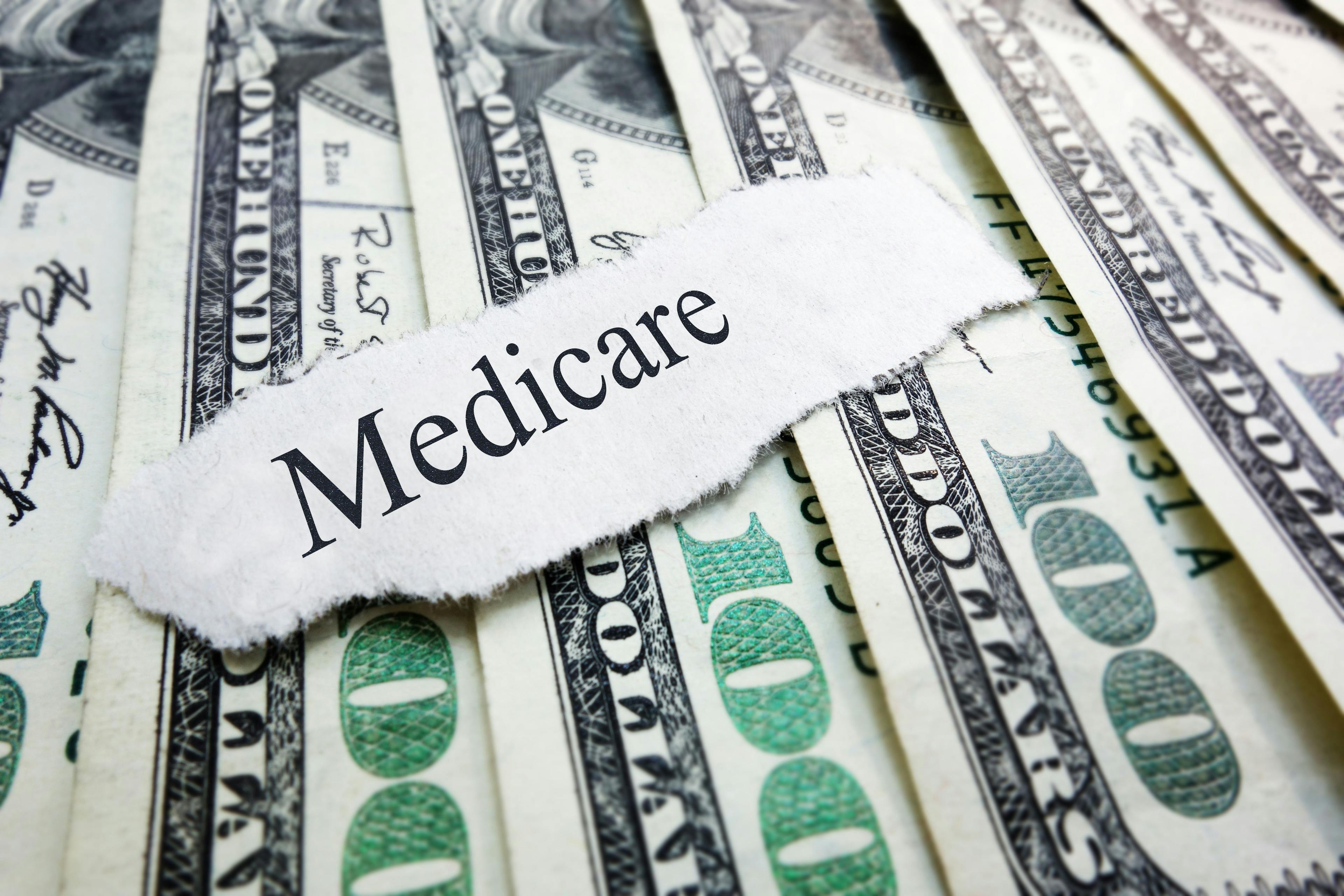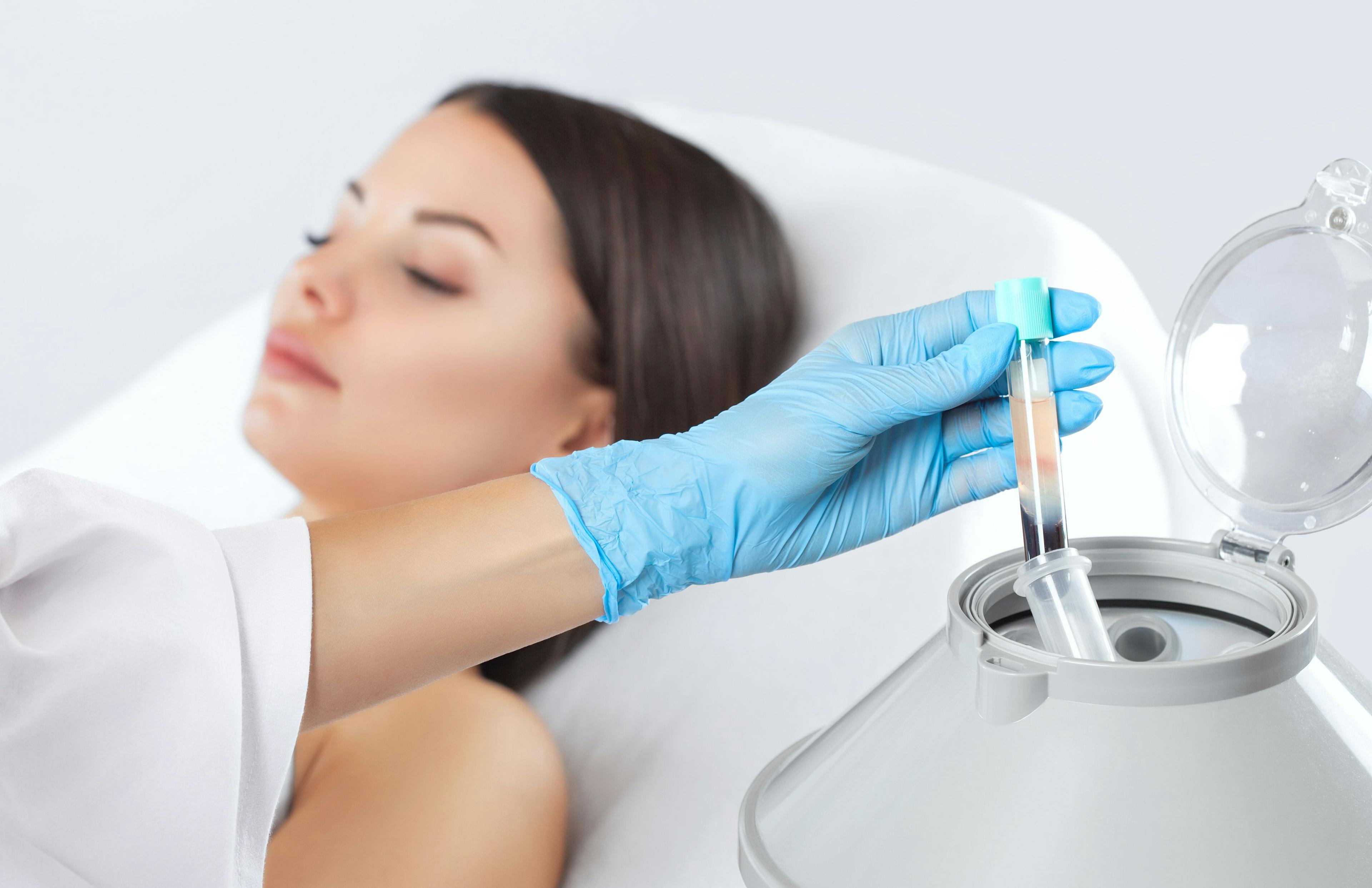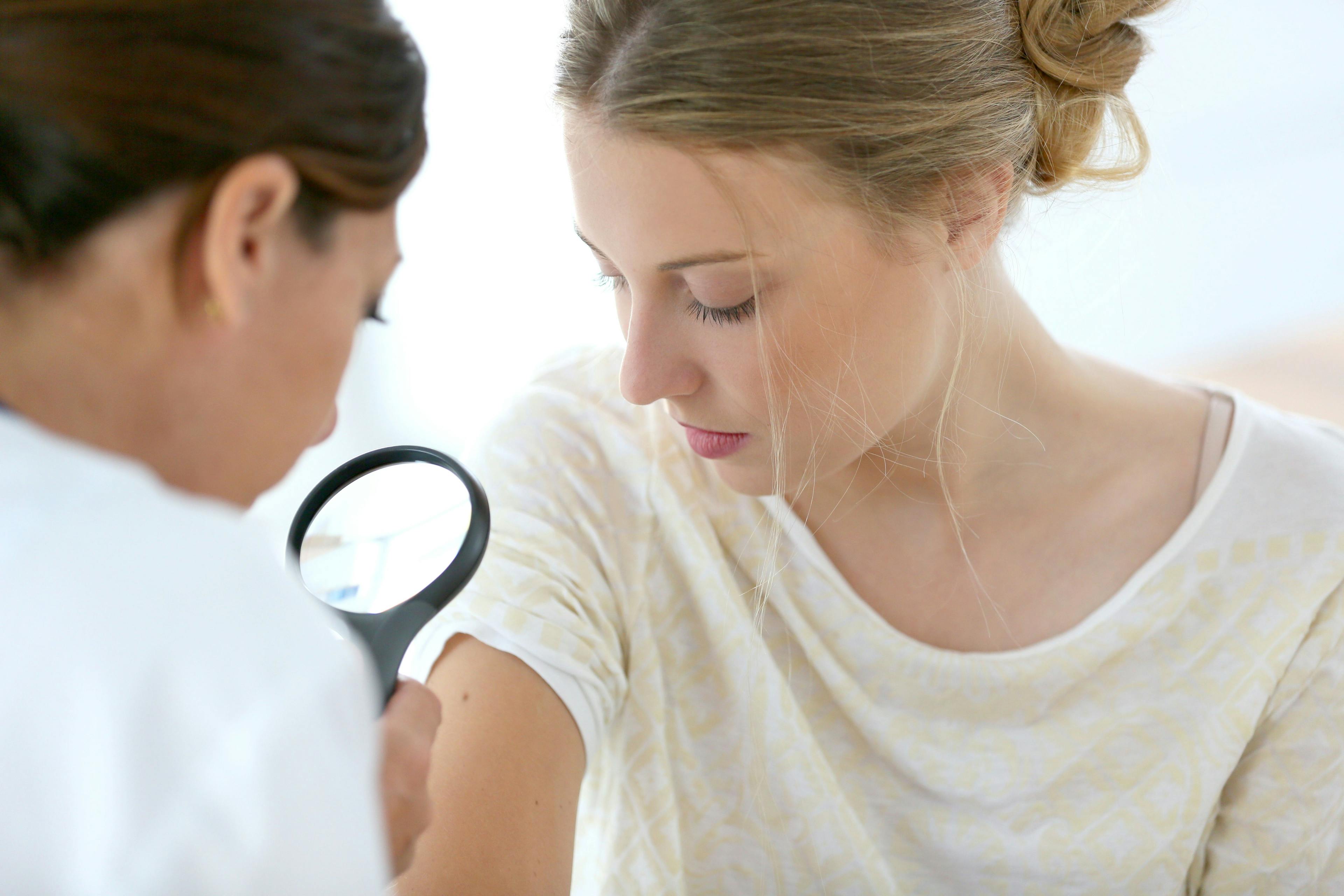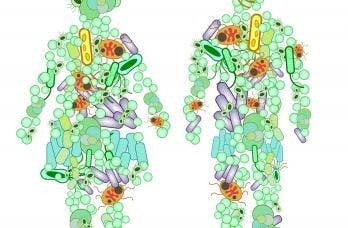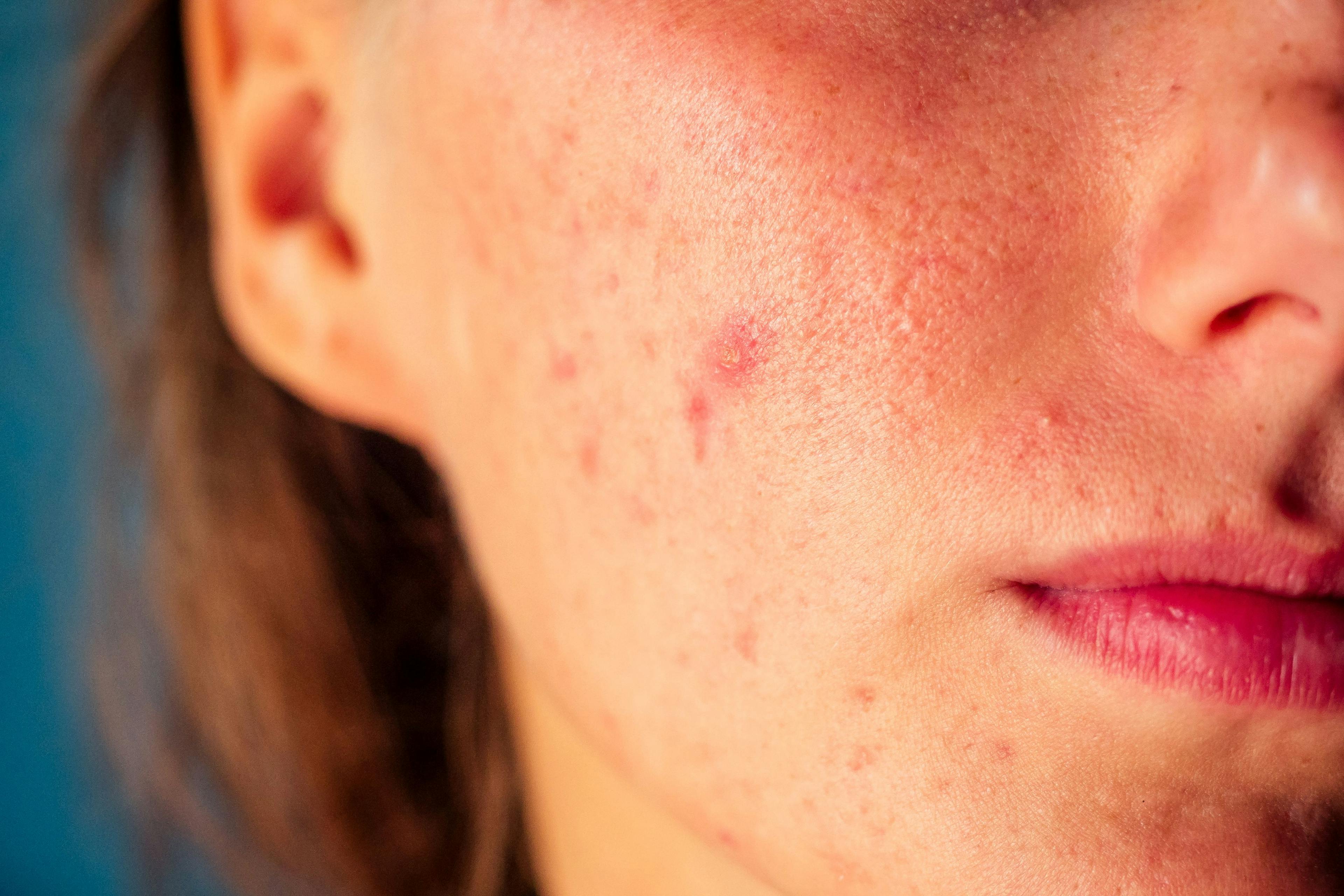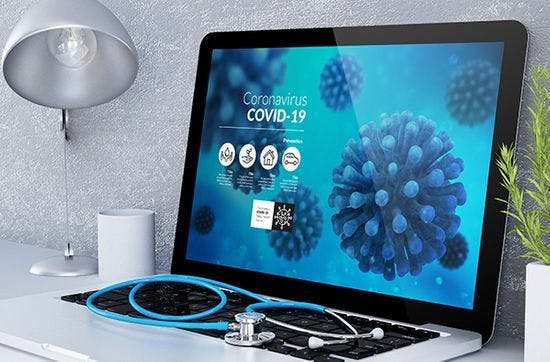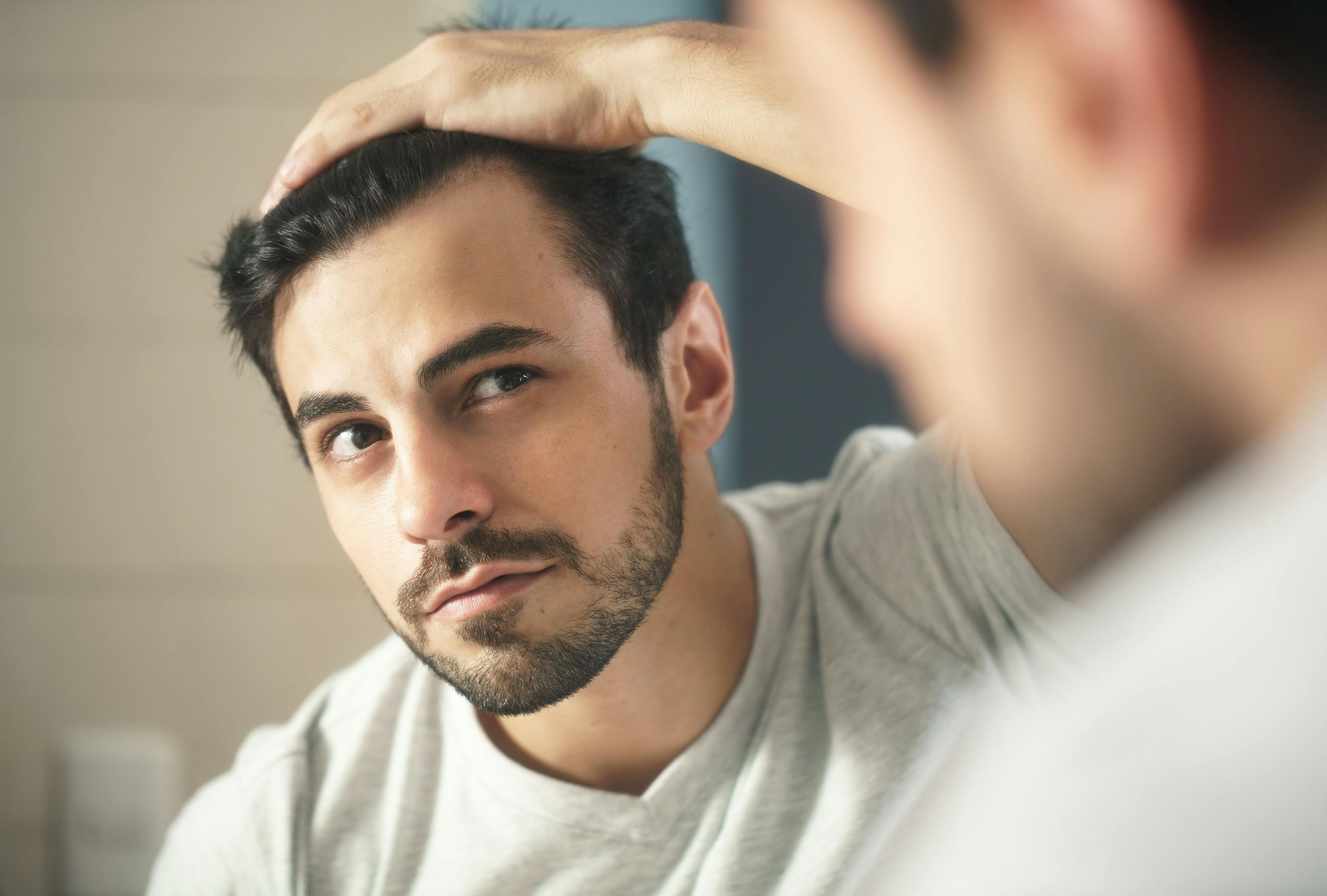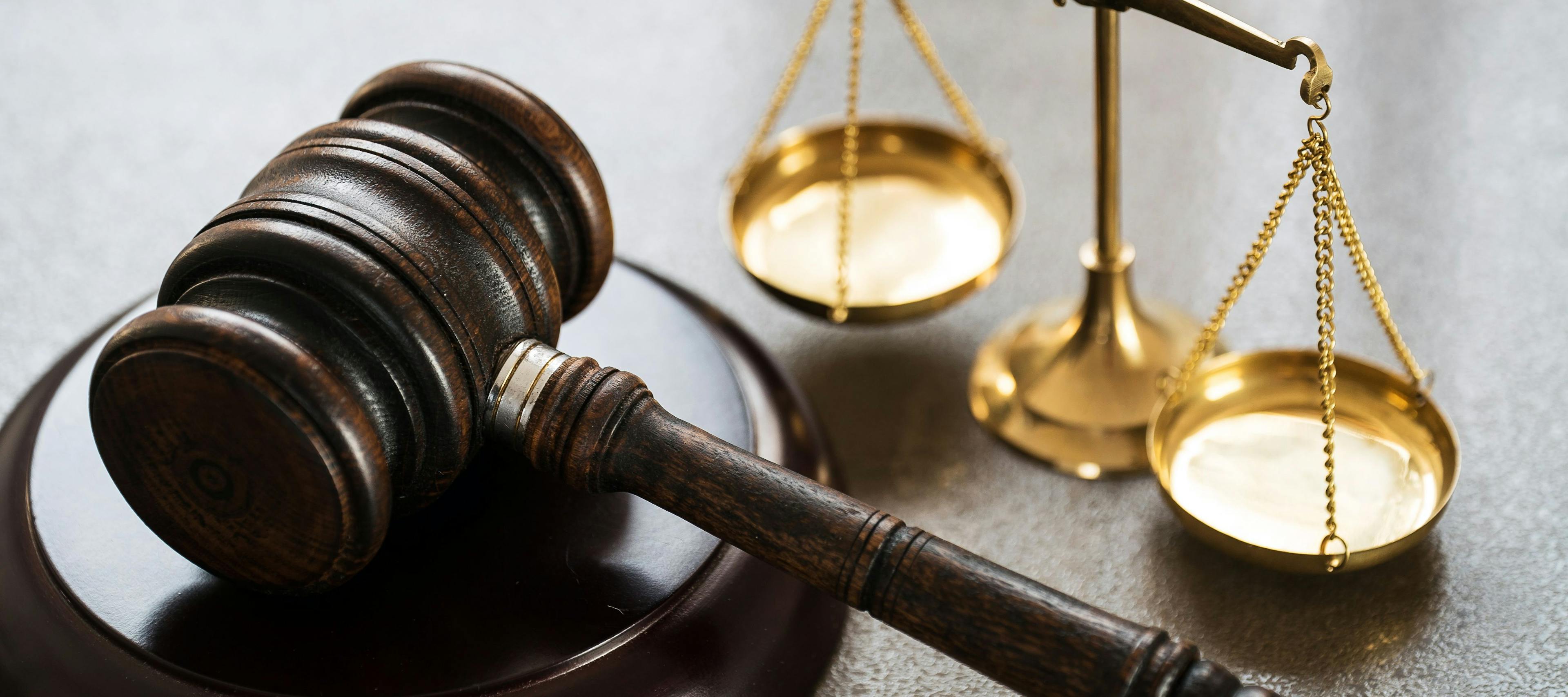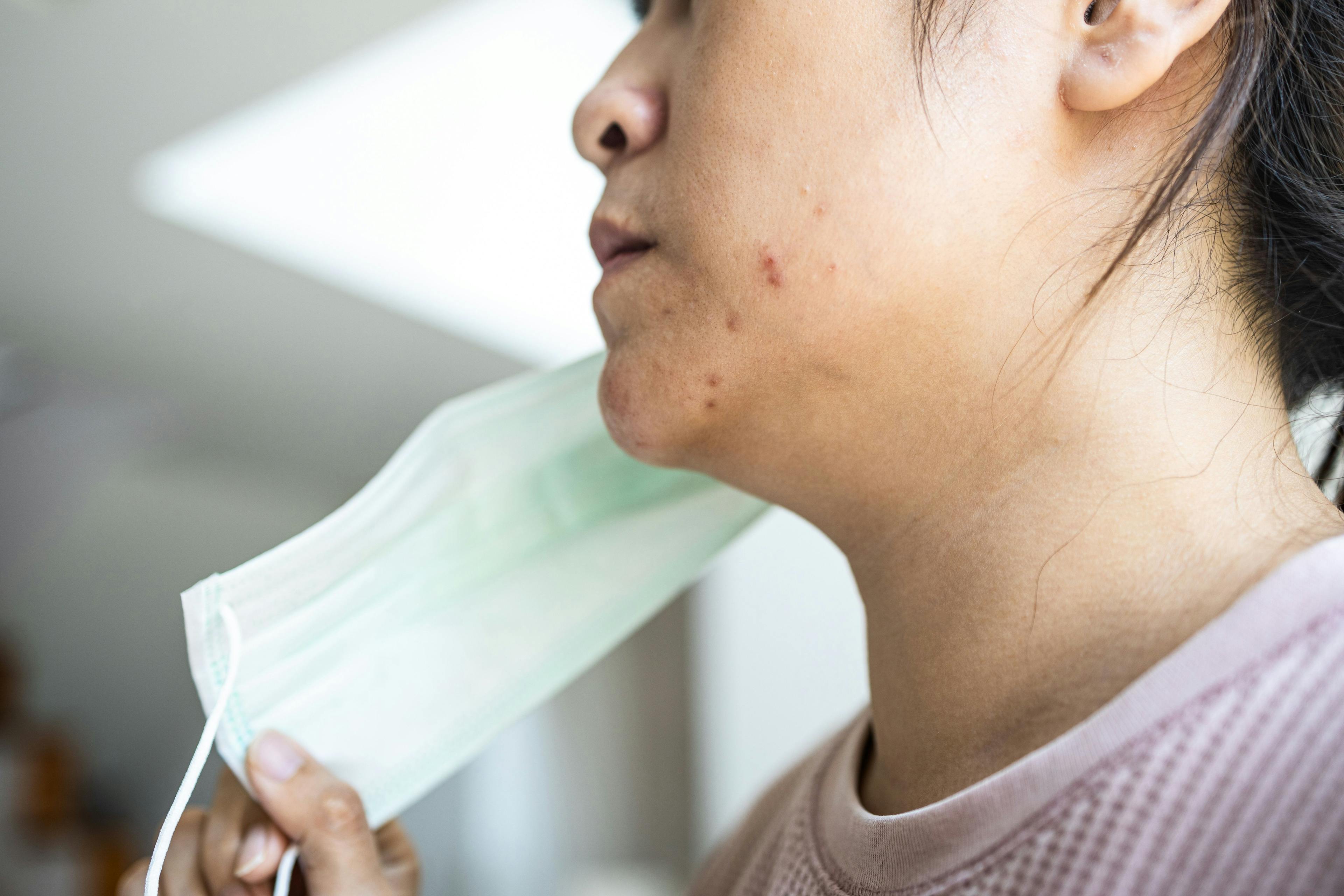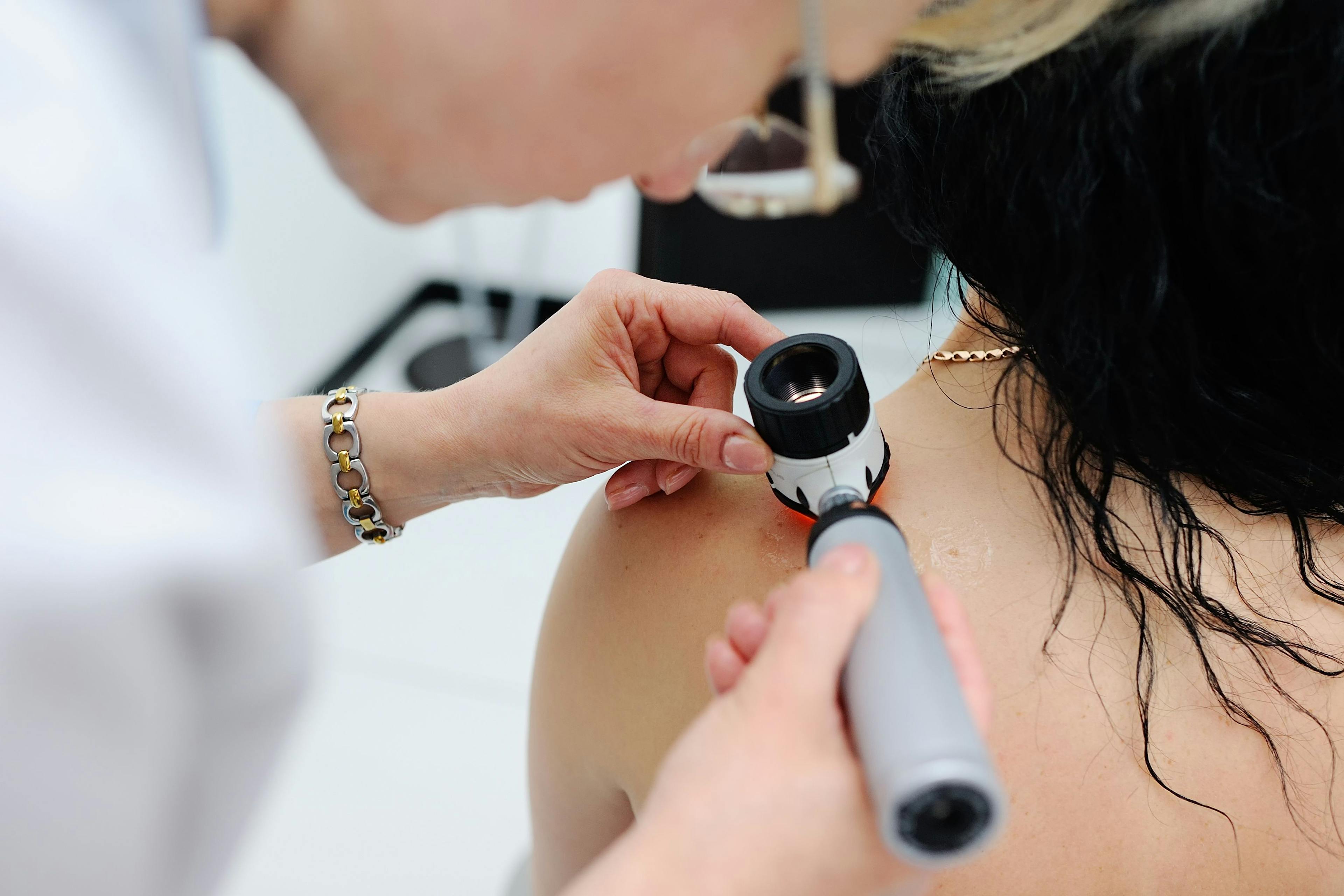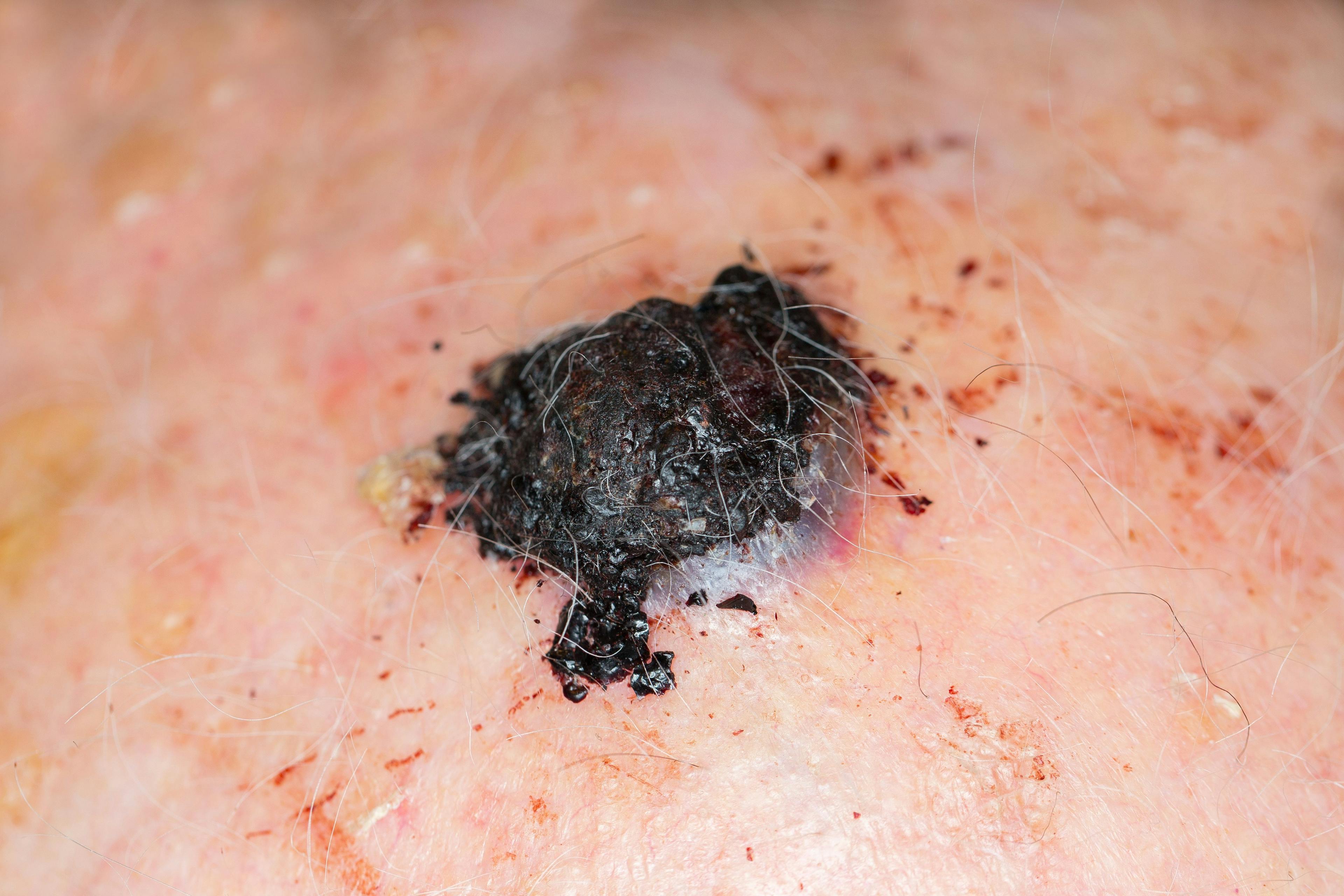- Acne
- Actinic Keratosis
- Aesthetics
- Alopecia
- Atopic Dermatitis
- Buy-and-Bill
- COVID-19
- Case-Based Roundtable
- Chronic Hand Eczema
- Chronic Spontaneous Urticaria
- Drug Watch
- Eczema
- General Dermatology
- Hidradenitis Suppurativa
- Melasma
- NP and PA
- Pediatric Dermatology
- Pigmentary Disorders
- Practice Management
- Precision Medicine and Biologics
- Prurigo Nodularis
- Psoriasis
- Psoriatic Arthritis
- Rare Disease
- Rosacea
- Skin Cancer
- Vitiligo
- Wound Care
News
Article
Dermatology Times
COVID-19 Induced Skin Challenges
Author(s):
Chief Medical Editor Zoe Diana Draelos, MD, discusses the challenges COVID-19 induces on the skin including chapped lips, maskne and dry hands from excessive hand washing.
Q:What can be done for extremely dry hands from frequent washing?
Hand washing prior to touching your nose and mouth is essential during the pandemic. However, frequent washing will remove the intercellular lipids resulting in damage to the hand skin barrier and xerosis, eventually causing cracking and bleeding of the skin. A healthy skin barrier prevents infection so dermatologists must take excellent care of their hands. It may be difficult to wear a hand cream during the day, but bedtime application is necessary. The best nighttime hand creams are high in glycerin, an excellent humectant that holds water and creates an optimal environment for overnight skin healing. They should also contain an occlusive ingredient to decrease transepidermal water loss (TEWL). This ingredient could be petrolatum, dimethicone or mineral oil. Neutrogena Norwegian Formula Hand Cream is inexpensive and widely available. Apply it to the hands and around the nails to prevent fissuring and bleeding. It may be wise to wash hands with lukewarm instead of hot water to minimize intercellular lipid removal.
Q: Why am I getting chin acne under my mask?
The increase in chin acne from mask wearing is known as “maskne.” It is a form of acne mechanica induced by rubbing of the mask over the chin when speaking. Masks may be made of cloth, paper, textured hydroentangled fibers or a combination of materials. They are designed to fit tightly over the nose and mouth to prevent the expectoration and inhalation of airborne COVID-19. Tighter fitting masks allow less air to enter and escape around the edges, offering superior protection, but they also will rub with facial movement over the chin. “Maskne” occurs when the terminal and vellus hairs on the chin are rubbed preferentially because the hair sits above the skin. This rubbing results in mechanical irritation and the onset of acne mechanica, just like acne tends to occur on the back of susceptible individuals who wear back packs. The solution for “maskne” is to keep the chin clean and bacteria free. This is best accomplished by wiping the chin with rubbing alcohol each morning prior to donning the mask. Also, try to select a mask that provides protection, but is long enough to allow for some chin movement independent of the mask. Test your mask by putting it on and opening and closing your mouth. If this can be accomplished without the mask rubbing your chin, then “maskne” can be reduced to the greatest degree possible.
Q: Why are my lips always chapped under my mask and what should I do to ameliorate the problem?
Many people who wear a mask now mouth breathe to move more air through the mask. This means more air is moving through the mouth than normal resulting in drying of the lips. The best solution is to wear a lip balm, but this can mess up a good mask by making it sticky inside. Lip balm is best applied at night when the lips are at rest. This allows the lips to heal by night and dry out by day. Waxes and cocoa butter are some of the best ingredients for lip balms. An inexpensive lip balm is Palmer’s Cocoa Butter Formula Swivel Stick. The stick can be rubbed over the lips at bed- time when the mask is not worn. It is also important not to lick the lips during the day or wear a mask that constantly rubs the lips. Be sure the mask is big enough to allow easy speech. Chapped lips can be minimized by proper mask selection.
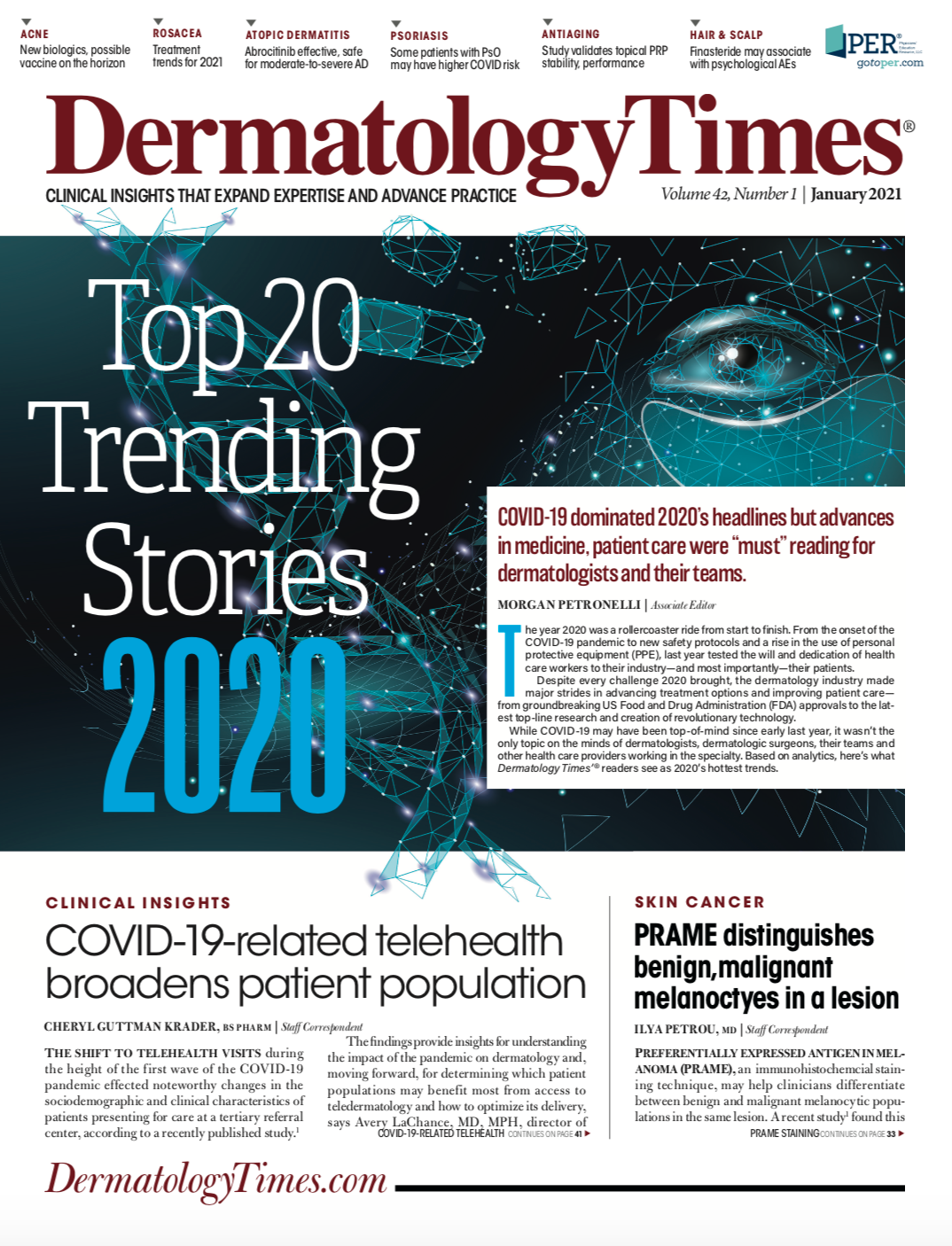
Newsletter
Like what you’re reading? Subscribe to Dermatology Times for weekly updates on therapies, innovations, and real-world practice tips.

